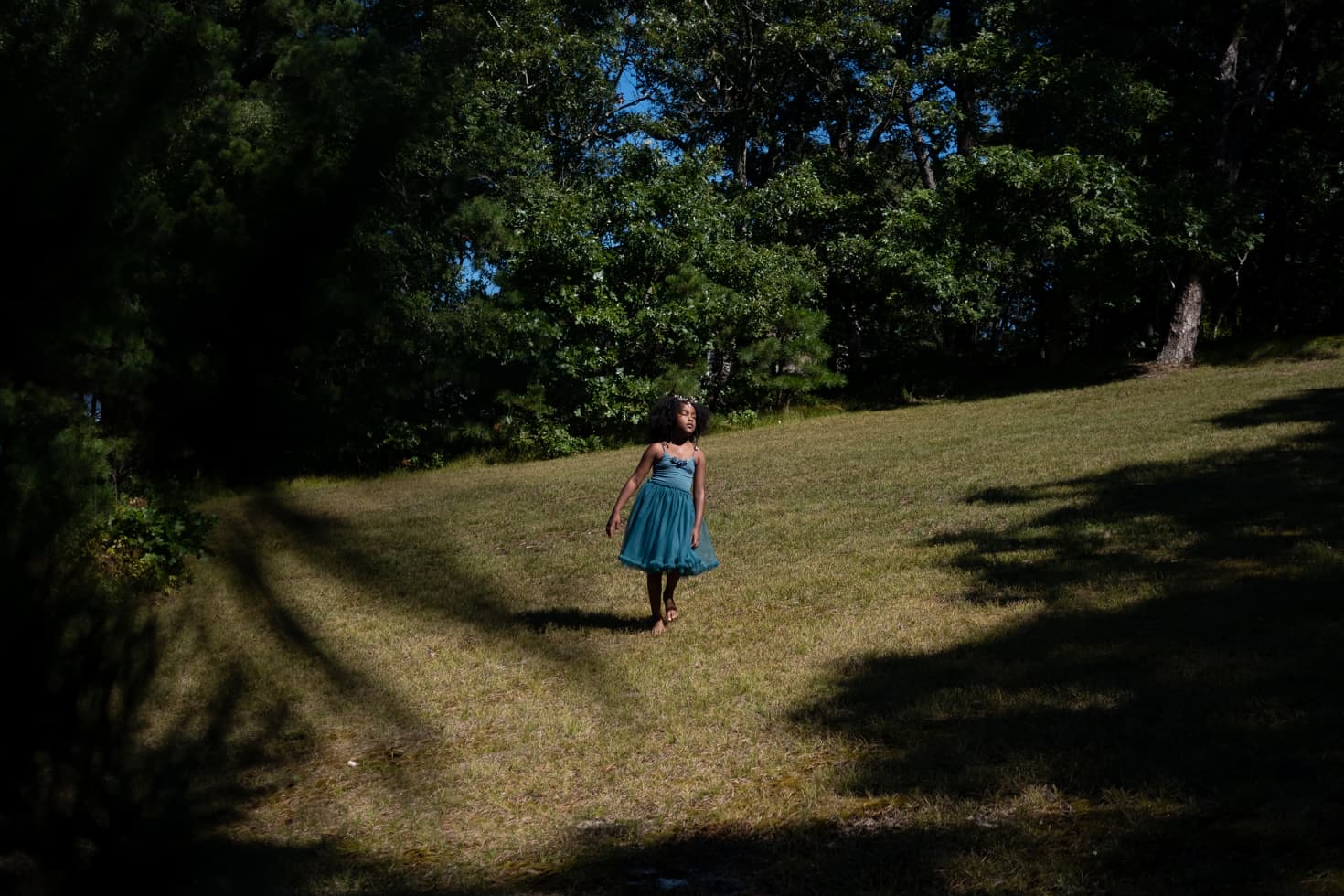Fredara Hadley, Ph.D. joins LA Opera as a guest contributor for the month of February ahead of the premiere of our new Digital Short, We Hold These Truths, from composer Tamar-kali and director dream hampton.
___________________________________________________________________________________
Tamar-kali’s, We Hold These Truths, takes its title from the American Declaration of Independence in which our nation’s founders proclaim America’s values and their independence from England.
The words of our founding document said that, We hold these truths to be self-evident, that all men are created equal, that they are endowed by their Creator with certain unalienable Rights, that among these are Life, Liberty and the pursuit of Happiness.
Throughout the United States’ history, African Americans have used these words as a mirror to remind our country of its hypocrisy in espousing freedom while practicing the subjugation of its own African American citizenry. Likely, the most famous use of this passage as a mirror was when Rev. Dr. Martin Luther King, Jr. referenced the Declaration of Independence in his “I Have Dream Speech." While he referred to it several times, it is this statement, late in his speech, that is often quoted.
I have a dream that one day this nation will rise up and live out the true meaning of its creed: We hold these truths to be self-evident, that all men are created equal.
Here, Rev. Dr. King points to the rupture between who the United States says it is and who it truly is for million of its Black citizens. This is what generations of activists and Americans demanded from their country for whom they fought, suffered, and died: for the United States of America to be the nation it declares that it is.

A scene from "We Hold These Truths"
In We Hold These Truths, Tamar-kali takes America’s declaration and creates a piece that is not demanding because it is not a protest, but rather it is evocative. It is an invitation to consider the darker American “we” and how Black Americans have, and continue to, exist, love, and remain human in a country where its founding words have yet to become a reality for all. We Hold These Truths, is a poignant expression of what scholar, Christina Sharpe, terms, “wake work,” in that Tamar-kali and dream hampton’s triptych bears witness to the interiority of Black life and how, as famed gospel singer, Clara Ward famously sang, “You know my soul looks back and wonder how I made it over.”
The pillar of We Hold These Truths is the poetry of Paul Laurence Dunbar, Langston Hughes, and Claude McKay. These late 19th and early 20th Century African American poets spoke to a Black American population for whom enslavement was still a living memory and full recognition of their citizenship and humanity was still a dream.
The opening of We Hold These Truths is, “We Wear the Mask,” unites the beauty of the voices of the Selah Gospel Choir with the truths of internal Black tumult that Dunbar describes. Musically, Tamar-kali creates her own danse macabre, which gives a dark lilt to this costly masquerade Dunbar lays bare in his poetry. dream hampton’s visuals of the water, land, and two frolicking little Black girls remind the viewer that despite the darkness, hope and joy remain possible. And hope and joy must remain possible somewhere, otherwise, what is the point in wearing the mask and surviving?

A scene from "We Hold These Truths"
Throughout the remainder of We Hold These Truths, Tamar-kali’s settings of Langston Hughes’ “I, Too” and Claude McKay’s “If We Must Die” hold the dual presence of the perils in which Black joy and life exist while refusing to relinquish Black American’s rightful claim to the promises America made. It is the solo voices of Samuel Getachew reciting, “I, Too” alongside Curtis Stewart’s violin that sound insistent and urgent. Stewart’s violin is a voice that carries us into Tamar-kali’s “Oh Elijah,” a lament, sung inconsolably by tenor, Ashley Faatoalia.
But what is there to say to death? What is there to say to those who keep watch, sit in the wake, and hold their breath in anticipation of more death?
Tamar-kali sets Claude McKay’s “If We Must Die” for bass-baritone Cedric Berry who resolutely sings McKay’s words. As the piece reaches a crescendo in its second stanza, Tamar-kali’s music creates hope of survival, joy, and victory. dream hampton’s film returns to the water, which can be viewed as Claude McKay’s “open grave,” but water is also a site for baptism, rebirth, or making an offering. Here, We Hold These Truths, is about the literal plurality of truths of the water, the presence of joy and life amid death, and the forced masked duality of existence Black life, what W.E.B. DuBois termed, “double-consciousness.”
Tamar-kali’s latest work is in the tradition of composers like Margaret Bonds who composed, Three Dream Portraits, in 1959 in collaboration with Langston Hughes. For many African American composers understood the fertile soil that is the poetry and lyrics of Black life.
We Hold These Truths affirms that the rupture between who the United States says it is and who it is for African Americans millions of its citizens still quakes. We Hold These Truths serve as a witness to those who have been lost and those who remain.
Tamar-kali’s moving piece implores us to remember the word and the truths that they, and we, hold.
Click here to experience We Hold These Truths when it premieres on March 4, 2022 at 11:00 a.m. PT.




